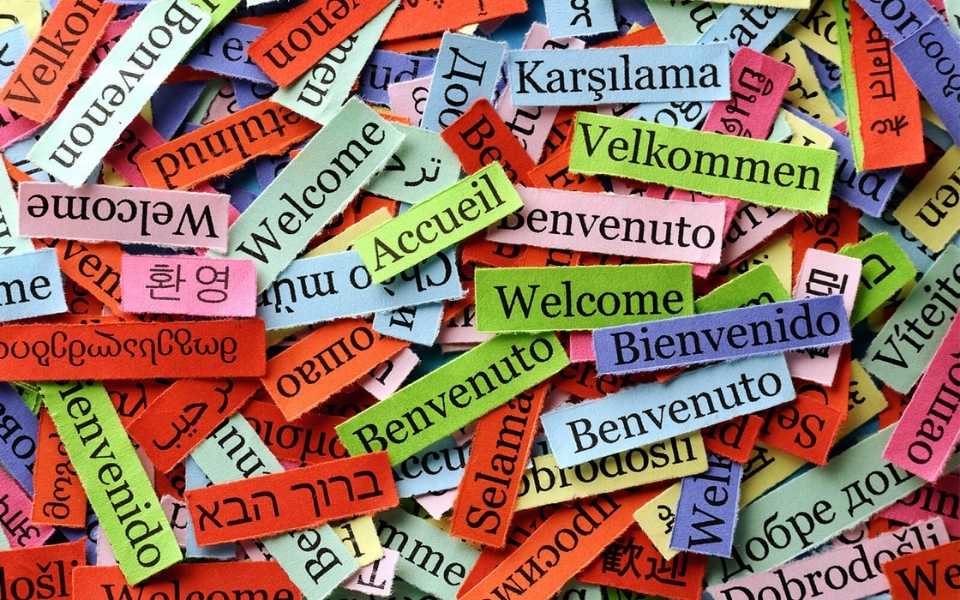What happens when Languages go Extinct?

A lot is lost during the homogenisation of languages. When a foreign language goes extinct, we risk losing cultural traditions, unique expressions, and nuanced meanings that cannot be expressed in other ways. Moreover, all language is used to communicate information, and we risk losing this essential information as languages go extinct.
According to recent studies, the extinction of languages is a real threat. Around 3,500 languages will effectively die out in the coming years as the most remote areas of the world adopt modernisation. This article looks at what happens when we lose languages in more detail, how to learn speaking dominant languages and the current rates of foreign language extinction.
Why are Languages Endangered?
As the world economy expands and communications speed up, our need for clear communication has increased dramatically. Where throughout history, the use of a foreign language was restricted by geography, this is no longer the case. Today, our need to communicate between all language types has outweighed the benefits of diverse expression.
The current dominant languages are Arabic, English, Spanish, and Mandarin. These four languages have the most native speakers globally. They are also four of the six official UN languages, used for global communications. As more people learn and communicate using these prominent languages, minor languages risk becoming extinct.
How Quickly will Languages Go Extinct?
The most extreme predictions, 90% of all language groups currently spoken will be in danger by the end of the century, if not completely extinct. This means that we could lose a foreign language every month, and the number of spoken languages will rapidly and dramatically decrease.
The International Congress of Linguists recognises this rapid deterioration of linguistic diversity as a crisis. The United National Educational, Scientific and Cultural Organization (UNESCO), and the United Nations are making these facts known through world language recognition programmes and compilations of endangered languages.
How Can we Stop Languages from Disappearing?
Documenting the world’s languages is the only way to ensure that all language is preserved in the future. Unfortunately, this is a gigantic task! Linguists are scrambling to complete the documentation of every foreign language before it’s too late. In fact, the sheer volume of work and the short time frame make this an onerous undertaking.
One researcher, David Harrison, has worked on preserving many endangered languages in Siberia and Mongolia and illustrated the growing issue through his works. However, he believes there is no record for over 85% of all languages. According to his research, 3,500 languages are only spoken by 0.1% of the global population and will be the first we lose.
What if Your Native Language Goes Extinct?
All language is at risk of dying out. If enough people choose to speak dominant world languages, it is easy to see how a minor foreign language can become endangered in only one generation. However, it is these minor languages spoken by 0.1% of the population that will be the first to go—the significant languages in the world should be well-preserved in the future.
Nevertheless, you may have questions: Does teaching your children and grandchildren the language you inherited make sense? Or do you encourage them to study English or another primary language? If learning and communicating in major world languages, your native tongue may be lost. However, speaking dominant languages is essential in the global economy of today.
Renaissance Translations’ Professional Translation Services
The extinction of languages is a real and growing problem. Linguists are working hard to preserve every minor foreign language currently in use. However, documenting all language is a big task, and there is no guarantee that linguists can tackle it in time. Just think: Saving the scrapbooks and letters from an older relative might not even make sense in the future!
At Renaissance Translations, we take our role in sustaining linguistic diversity very seriously. If you assign us to work on unique language combinations or a project that could save critical information, we’ll give extra attention to this project. Let us preserve your cultural heritage by translating and protecting your family heirlooms, and contact us today.
